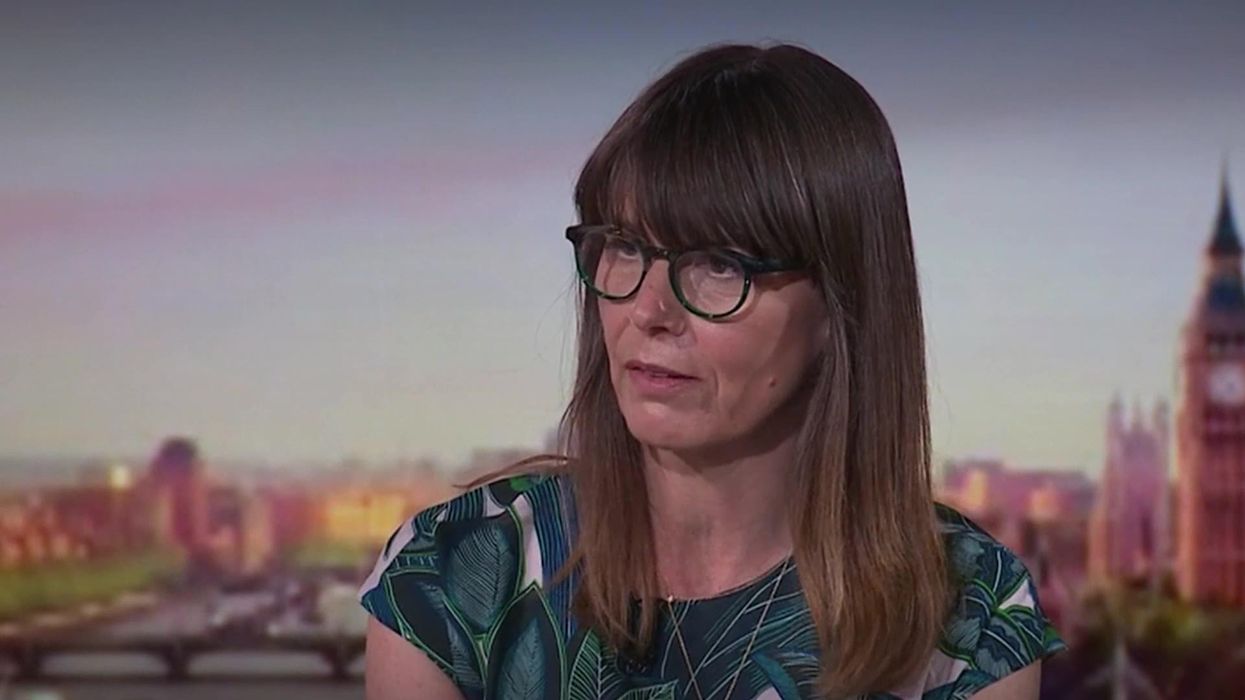There has been an unusual and unprecedented monkeypox outbreak with around 80 cases in 11 countries, including 20 in the UK.
The UK Health Security Agency (UKHSA) guidance now recommends that people who have had “unprotected direct contact or high-risk environmental contact” should isolate for three weeks. This includes providing details for contact tracing, no travel and avoiding direct contact with immunosuppressed people, pregnant women and children under 12.
UKHSA also advises that they are offered a smallpox vaccine.
The guidance comes after Dr Susan Hopkins, chief medical adviser for UKHSA, warned that monkeypox is spreading through community transmission.
Dr Hopkins said updated figures for the weekend will be given on Monday as she warned of more cases “on a daily basis”.
The disease, first found in monkeys, can be transmitted from person to person through close physical contact, including sexual intercourse, and is caused by the monkeypox virus.
Sign up to our free Indy100 weekly newsletter
What is monkeypox?
Monkeypox cases are usually reported in West Africa, and the virus does not often spread elsewhere. The disease, first discovered in monkeys, is generally mild but can cause severe illness in some cases.
What are the symptoms?
Symptoms include fever, headache, muscle aches, backache, swollen lymph nodes, chills and exhaustion. A rash can develop, often beginning on the face, which can spread to other parts of the body, including the genitals.
The rash can look like chickenpox or syphilis, and scabs can form and then fall off.
The incubation period of monkeypox is usually from six to 13 days but can range from five to 21 days.
What has happened in the UK?
There are 20 cases in the UK.
The World Health Organisation (WHO) says that, based on currently available information, some people are catching the infection in the UK. It is understood to be convening emergency meetings on the issue.
As of 15 May, two confirmed cases in the UK were in the same family (these were unconnected to the initial case).
Monkeypox is not normally a sexually-transmitted infection, but it can be passed on by direct contact during sex.
It can also be spread through touching clothing, bedding or towels used by someone with the monkeypox rash and through the coughs and sneezes of somebody with the infection.
What does the UK Health Security Agency say?
The virus spreads through close contact. The UKHSA advises people, particularly those who are gay, bisexual, or have sex with men, to be alert to any unusual rashes or lesions on any part of their body.
Anyone worried is advised to contact sexual health services and call ahead for an appointment or call 111.
The UKHSA said the virus does not usually spread easily between people, and the risk to the UK population overall remains low.
It is carrying out contact tracing of people who have been in close contact with the affected.
The smallpox vaccine, which has effectiveness against monkeypox, is being offered to some people who have had close contact with affected individuals.
Have your say in our news democracy. Click the upvote icon at the top of the page to help raise this article through the indy100 rankings.














